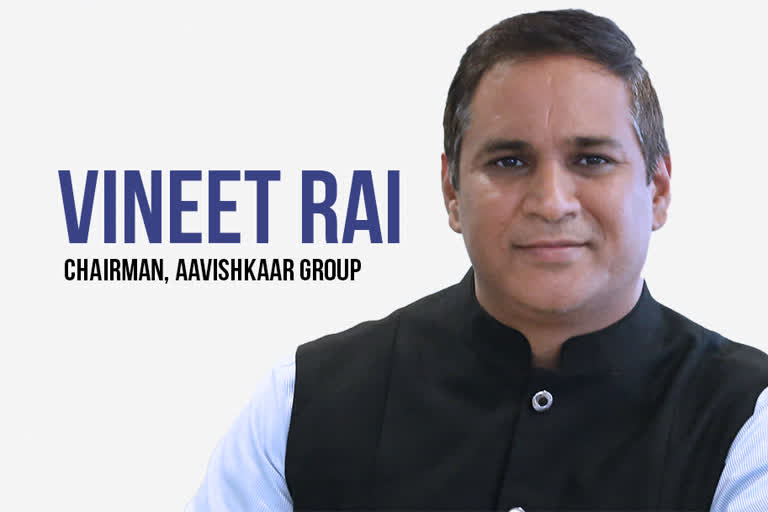New Delhi: Financial sector experts have questioned the Reserve Bank of India’s decision to extend the moratorium on repayment of loans and EMIs by individuals and firms by another three months, saying that it may induce a habit on not paying the debt and a better way would be to allow banks and non-banking finance companies (NBFCs) to re-classify the assets.
In his monetary policy announcement, Reserve Bank Governor Shaktikanta Das Friday announced the extension of moratorium on repayment of EMIs and other loans by another three months to alleviate the difficulties faced by the people and businesses due to the outbreak of Covid-19 global pandemic.
“I think I was hoping against the hope that they (the RBI) will not announce the moratorium, but they chose to announce the moratorium instead of giving significant leeway to the bankers and NBFCs to reclassify the asset,” said Vineet Rai, Chairman and Founder of Aavishkaar Group.
Earlier Shaktikanta Das announced a three-month moratorium on loan repayments in March this year, and with the second extension by another three months, the total duration of moratorium on loan and EMI repayments will be six months.
Read more:Future actions to stimulate economy will depend on how COVID crisis pans out: FM
In fact, following the announcement of extension of moratorium on loan repayment by the RBI, State Bank of India’s Chairman Rajnish Kumar also confirmed that only 20% customers of the bank have availed the moratorium facility during the lockdown.
“Moratorium is essentially that you are assuming that people are not in a position to pay. But if you give six months time then actually you are inducing a habit of not paying,” Vineet Rai told ETV Bharat.
He says that instead of extending the loan repayment moratorium, the banking sector regulator should have permitted the lenders to re-classify or recast the debts.
“Better preference for NBFCs and banks would be…if somebody is willing to pay 10% or 20% of the EMI then you do not consider that person as a defaulter because the intent to pay is there but the capacity to pay is not there,” Vineet Rai noted.
Vineet Rai, whose Aavishkaar Group has assets worth about $1 billion under its management, says the industry was hoping that the RBI will not announce a longer term moratorium and now the lenders will have to find a way to utilise the situation.
“It has been announced in the best wisdom of the government, and we need to back it. I think we need to find the best usage of it,” he told ETV Bharat.
Allaying the apprehensions
Vineet Rai has long advocated a sovereign guarantee by the government to financial institutions to restore the confidence in the market. He says the fear psychosis will only go away through this kind of guarantee but more details are required about the proposal cleared by the Union cabinet.
Union cabinet has cleared a sovereign guarantee scheme for banks under Prime Minister Narendra Modi’s Rs 20 lakh crore economic stimulus package called Atmanirbhar Bharat or self-reliant India.
“I have not seen many details how this sovereign guarantee will be played out but a three-month product is not actually going to be seen as the big takeaway,” said Rai, adding that the concept that people will borrow money for a short term to prevent a default is not a strong financial idea.
“It may actually delay a default but 90 days is too short a time to really help somebody to find capital to repay,” Vineet Rai noted.
He also says that some measures announced by the government and the Reserve Bank will require course correction to have an impact.
“I think the intent of the measures is good, some of the measures that we have seen such as TLTRO etc. have not gone as planned and need course correction, we hope that finally there will be a course correction,” he added.
(Article by Krishnanand Tripathi)



